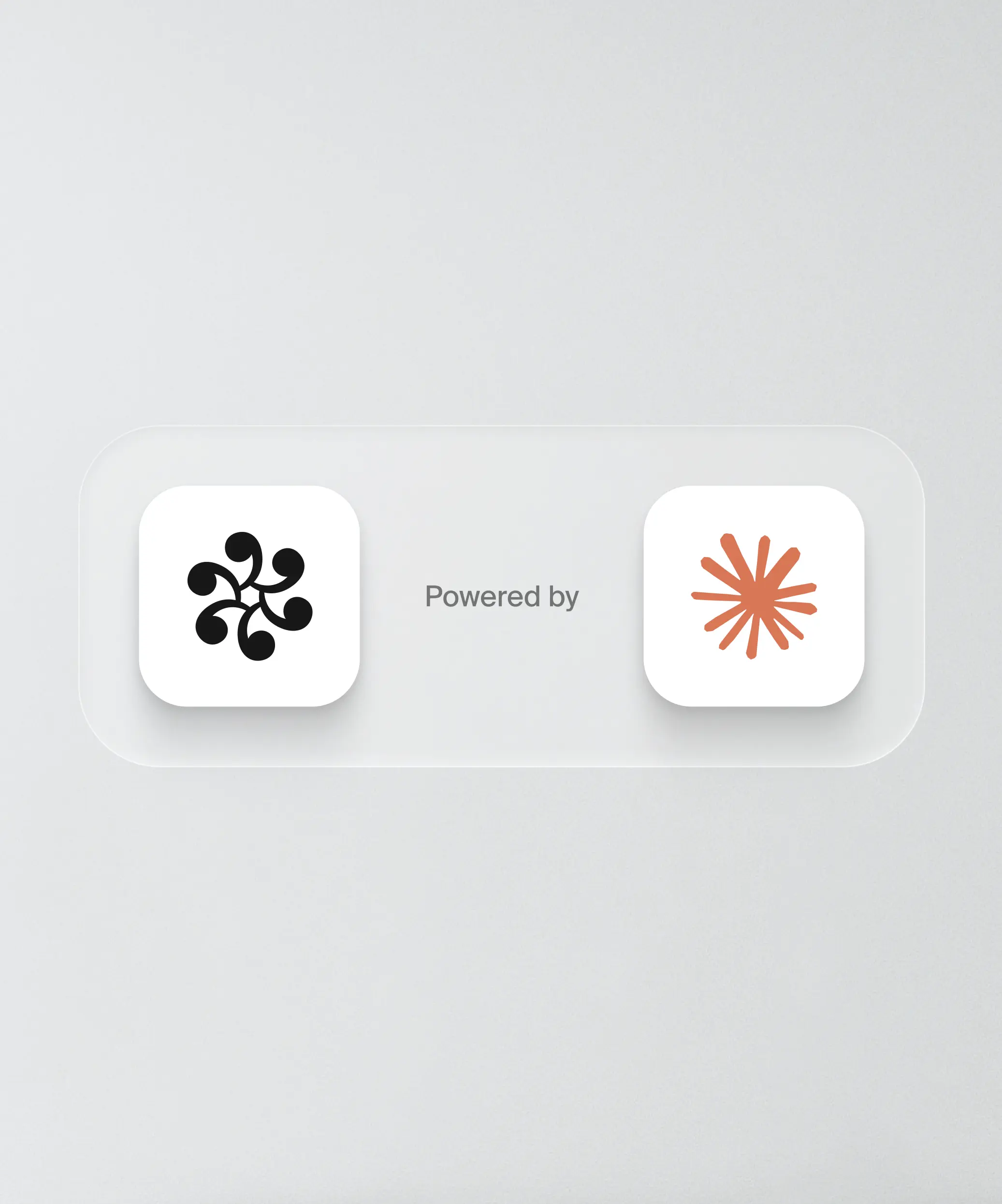We sit down with Andrius Ivanauskas, a Corporate M&A Partner at WALLESS, to discuss the evolution of the legal profession, the integration of generative AI, and how motivation and mentorship are shifting in today’s legal landscape.
With an impressive career that spans competition law, real estate, and finance, he's known for his sharp mind and pragmatic approach at WALLESS. He brings his deep expertise in venture capital, fund structuring, and cross-border investment, as well as a profound love of problem-solving. In our conversation, Andrius shares how tools like Legora are transforming legal workflows, accelerating junior development, and enabling lawyers to focus on high-impact, intellectually-rewarding work.
Andrius, for those who don’t know you yet, could you start by telling us a bit about yourself and what you do?
Andrius Ivanauskas: Sure. I’m a Corporate M&A Partner at WALLESS, primarily focused on venture capital. Everything from fund formation to attracting investments from international institutions like EIF and EBRD, pension funds, and private investors. I work a lot with fund managers, helping them navigate structuring and legal frameworks. Sometimes I switch table sides to assist companies and founders in raising PE/VC money. But over the years, I’ve also worked across many areas; competition law, real estate transactions, banking and finance…so I’d say I’ve become a well-rounded business lawyer.
After so many years in the profession, do you still find excitement in your work?
Absolutely. What keeps me going is the intellectual challenge, structuring exercises are like solving math or physics problems back in school. That kind of puzzle-solving still drives me. Sometimes I joke that I could have been a better corporate finance person or investment banker. But as a lawyer, I get to scratch that same intellectual itch.
That said, legal work can be tiring. You structure everything in the morning, draft in the afternoon. It’s a lot. That’s where tools like Legora really help. They take over the repetitive bits, but still allow me to ensure everything is done with precision.

How has your experience been integrating Legora and generative AI into your workflow?
Honestly, it’s been a game-changer. Initially, I was skeptical. And as a law firm, we’re usually late adopters. But in this case, we made an exception. Alina, who’s great with vetting tools, was really excited about it, and that gave me confidence. We were budgeting for the next year, and I just said, “Let’s do it.”
Now, it’s everywhere. We started with a broad pilot, and even people who weren’t invited to it were asking to be added. And as it turns out, it works. I mean, I recently used it to update a legal opinion to include new persons in the scope. It handled that incredibly well.
You’ve mentioned before that generative AI is also transforming how juniors learn. Can you talk a bit more about that?
This part really surprised me. Initially, we were all worried; if juniors don’t draft things themselves, how will they learn? But the more I used the AI tools, the more I realized they actually help with learning. These tools are so good at structuring thought and documents, they teach juniors by example.
Universities often prohibit or discourage the use of generative AI, so young lawyers arrive without much experience in it. But I actively encourage them to use it here, and not just because it saves my time, but because it accelerates their development. And honestly, when someone sends me a flawed draft and hasn’t used Legora, I get frustrated. The expectation now is that it’s part of the process.

How has your approach to mentoring changed as a result?
I still feel a deep responsibility to invest in people for the long term. That hasn't changed. But now, with tools like Legora, I don’t have to micromanage or explain every detail myself. AI can help carry some of that educational load. That gives me more space to focus on higher-level guidance.
And for juniors, it's empowering. Once they see how these tools can support their thinking, they start to understand what high-quality work really looks like, faster than before.
Let’s zoom out a bit. What’s your vision for the future of the legal profession?
I’m not much of a futurist, honestly. I’m more pragmatic. But I do think we’ll see a clear shift. AI will take over the dullest, most tiring tasks. That doesn’t make them unimportant. Drafting a perfect paragraph can still be deeply satisfying, but if it takes you an hour, that time might be better spent elsewhere.
That won’t necessarily make more people want to become lawyers. This profession can still be exhausting, but I believe it’ll help reduce burnout. Lawyers might finally get to enjoy their craft without being buried under repetitive work.
The most exciting part of AI is that it’s teaching itself. We can’t predict exactly where it’s going, but the possibilities are amazing. The fact that we can now focus more on meaningful, creative work… that’s a huge win.




